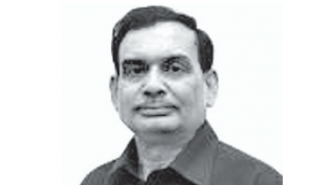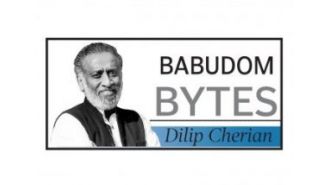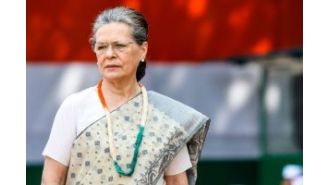Chernobyl

We recently took up a temporary HBO subscription to make sure we watched Chernobyl. I’d read that the show became the highest rated TV show of all time on IMDB and was intrigued.
The five episodes HBO put together to depict the story of the Chernobyl nuclear strategy were – in one word – fascinating.
It tells the story of an unfortunate accident caused by misinformed and reckless ambition whose effects ended up being far worse thanks to a massive attempt at covering up the reality. It speaks to the challenges scientists face when they tell uncomfortable truths. And, most of all, it pushes us to think about the world we inhabit and the interactions at play between the earth, human wants, science, politics, and beliefs.
Valery Legasov had a powerful reflection at the end –
“To be a scientist is to be naive. We are so focused on our search for truth, we fail to consider how few actually want us to find it. But it is always there, whether we see it or not, whether we choose to or not. The truth doesn’t care about our needs or wants. It doesn’t care about our governments, our ideologies, our religions. It will lie in wait for all time. And this, at last, is the gift of Chernobyl. Where I once would fear the cost of truth, now I only ask: “What is the cost of lies?”
It poignantly reminded me about the discussion after the scientific consensus around climate change was shared.
We haven’t yet accepted the gift of Chernobyl.






